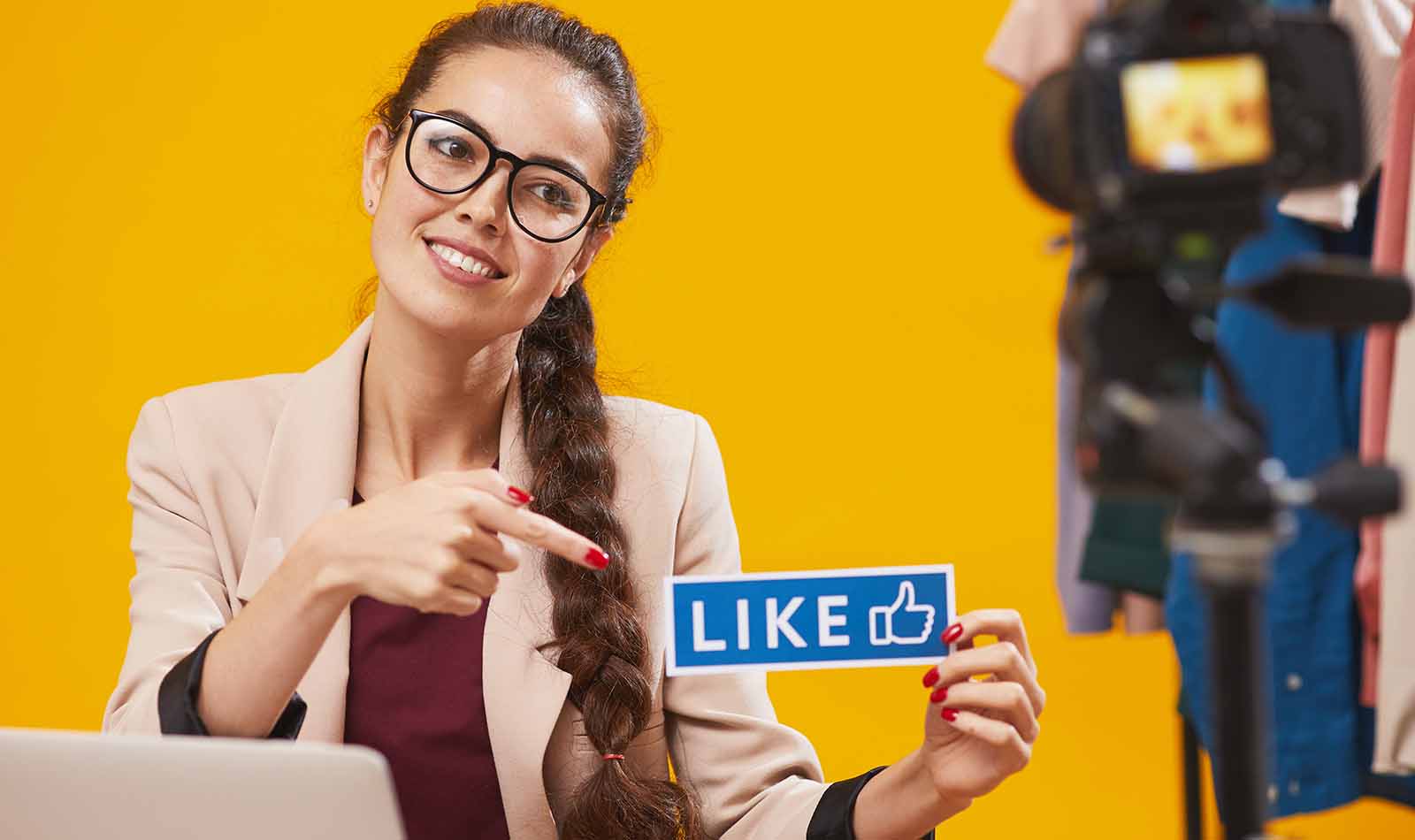
These days, social media is a huge part of everyday life. There is a social media platform for everything, from posting photos and videos to sharing news and updates with followers. We use these networks every day and seamlessly incorporate checking them into our daily routines.
Using social media regularly may seem harmless, but it could have some varying effects on people in the recovery process. While social media could have a positive impact on people in recovery to some extent, it could also potentially complicate their sobriety journey.
Benefits of Using Social Media During Sobriety
Of course, social media can benefit people working on their recovery in several ways. First, it allows them to keep in touch with their friends and family members whenever they need a shoulder to lean on but can’t necessarily see someone in person. It also gives those in recovery the option to reach out for support when there isn’t an option for face-to-face meetings. People who attend support groups can reach out to other sober individuals that they met online or in meetings via social media. By chatting with other people who are sober on social media, those in recovery can work on holding themselves accountable and preventing relapse. Social media is a constant presence, which allows people in recovery to reach out for help when they need it.
How Social Media Negatively Impacts Recovery
Even though social media can help people in recovery, it can also hinder them in many ways. Here are some examples of how social media could negatively impact addiction recovery:
- Feelings of sadness & depression – There are strong connections between social media and mental health conditions like depression. The more time someone spends on social media, the more likely they are to get sad or depressed. If people in recovery begin to feel depressed, they may eventually begin using substances again.
- Increased stress levels – Using social media often can lead to stress, which is one of the main triggers of relapse. It’s hard to deal with stress in early recovery, so people who haven’t learned coping techniques may give in to their cravings.
- Social isolation – The more a person uses social media, the more isolated and alone they feel. Feeling lonely and having low self-esteem can directly lead to relapse.
- Temptations are everywhere – Many people post photos and videos of themselves drinking, doing drugs, and partying on social media. This can be triggering for individuals in recovery to see on their social media feeds.
- Comparing yourself – It’s easy to see other people’s posts and compare yourself to them. If someone is not happy about where they are in life because of their struggles with addiction, seeing others succeeding on social media may make them feel worse.
Should You Stop Using Social Media In Recovery?
Whether or not you should continue using social media is ultimately something that only you can decide. But if you think that it could be negatively impacting your recovery journey, it may be helpful to take a break from social media. Even stepping away for just a few days can help alleviate stress and refresh the mind. Staying sober is something that requires a lot of emotional and mental strength. If social media makes you feel weaker in any way, you should stop using it.
Sources
https://recovery.org/feeling-unsteady-in-recovery-take-a-break-from-social-media/
https://www.addicted.org/news/the-pros-and-cons-of-social-media-when-in-addiction-recovery
Explore this article:
Explore Our Facilities
Drug and alcohol detox and residential treatment for addiction and mental health disorders
Outpatient treatment center for substance use disorder and mental health disorders
Outpatient treatment center for substance use disorder and co-occurring mental health disorders







